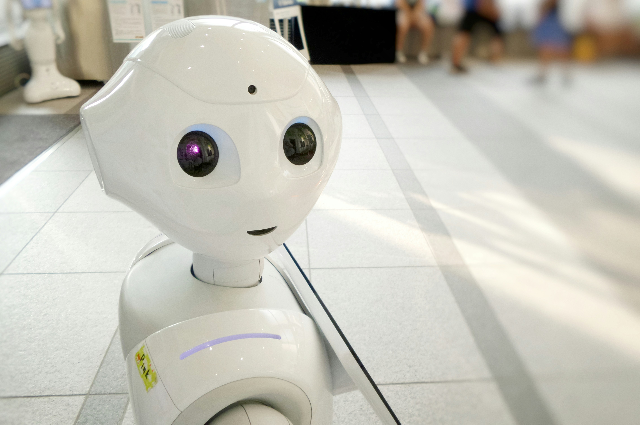
Artificial Intelligence (AI) is revolutionizing the way we live, work, and interact with the world around us. With rapid advancements in machine learning, neural networks, and deep learning algorithms, AI is propelling us into a new era of technological innovation and automation. From powering intelligent virtual assistants to optimizing complex industrial processes, the impact of AI is reshaping industries and transforming the way we perceive and utilize technology.
One of the most significant contributions of AI lies in its ability to enhance efficiency and productivity across various sectors. In the healthcare industry, AI-driven diagnostic tools and predictive analytics are revolutionizing medical research, drug discovery, and patient care. By analyzing vast amounts of data and identifying complex patterns, AI is enabling early detection of diseases, personalized treatment plans, and streamlining healthcare operations.
Moreover, AI is redefining the landscape of automation and robotics, driving advancements in manufacturing, logistics, and transportation. Autonomous vehicles, powered by AI algorithms and sensors, are poised to revolutionize the way people and goods are transported, promising to improve safety, reduce traffic congestion, and minimize environmental impact.
In the field of finance, AI is reshaping decision-making processes and risk management. AI-powered algorithms are capable of processing large volumes of financial data in real-time, identifying market trends, and making accurate predictions. Additionally, AI chatbots and virtual assistants are transforming the customer service experience, providing personalized assistance and support to consumers round the clock.
The impact of AI is not limited to these areas alone. In education, AI-driven learning platforms and adaptive tutoring systems are catering to individual student needs, promoting personalized learning experiences. Furthermore, AI is empowering the creative industry, with applications in music composition, visual arts, and content creation, challenging the boundaries of human creativity and expression.
Despite these remarkable advancements, the integration of AI also introduces complex ethical and societal considerations. The potential impact of AI on the future of work, privacy, and security is a subject of ongoing debate and concern. Additionally, ensuring transparency, fairness, and accountability in AI systems remains a critical challenge that requires global collaboration and responsible governance.
As we venture further into the age of AI, it is essential to prioritize the ethical development and responsible deployment of AI technologies. This includes fostering interdisciplinary collaboration, investing in AI education and research, and establishing robust ethical frameworks that guide the responsible implementation of AI in a myriad of applications.
In conclusion, AI is an unparalleled force shaping the future of technology and human innovation. Its potential to drive progress, solve complex challenges, and improve the quality of life for individuals across the globe is boundless. Embracing the power of AI while addressing its ethical implications and societal impact will be key to harnessing its transformative potential and shaping a future where technology and humanity coexist harmoniously.
